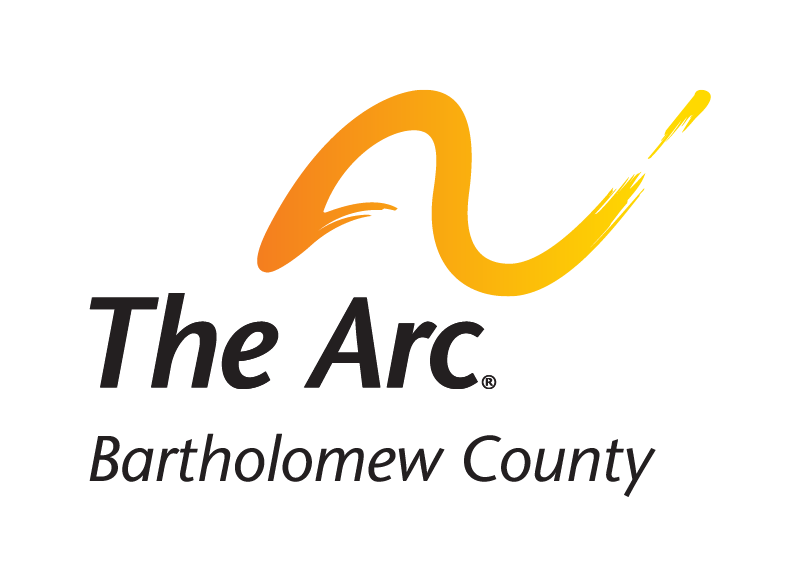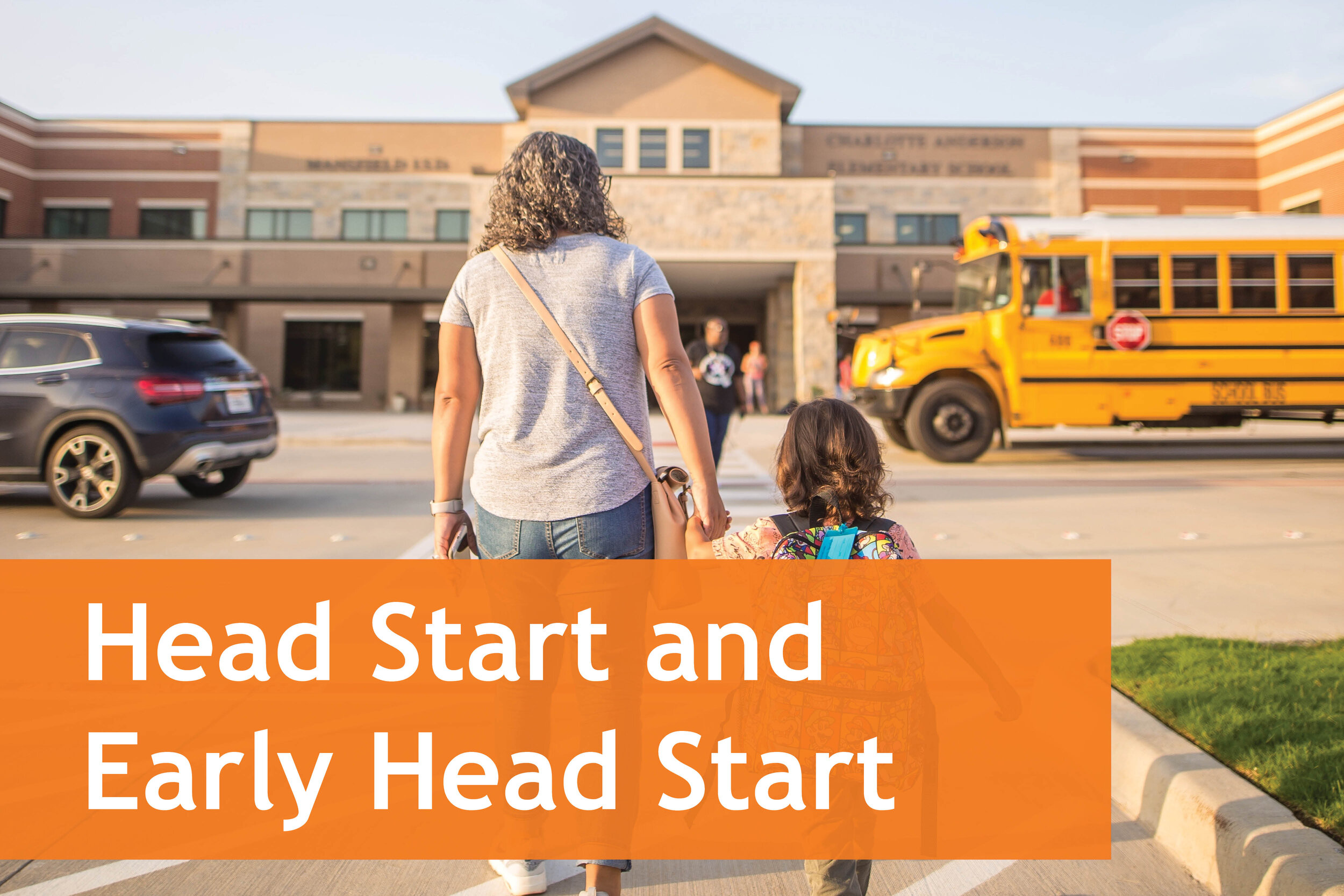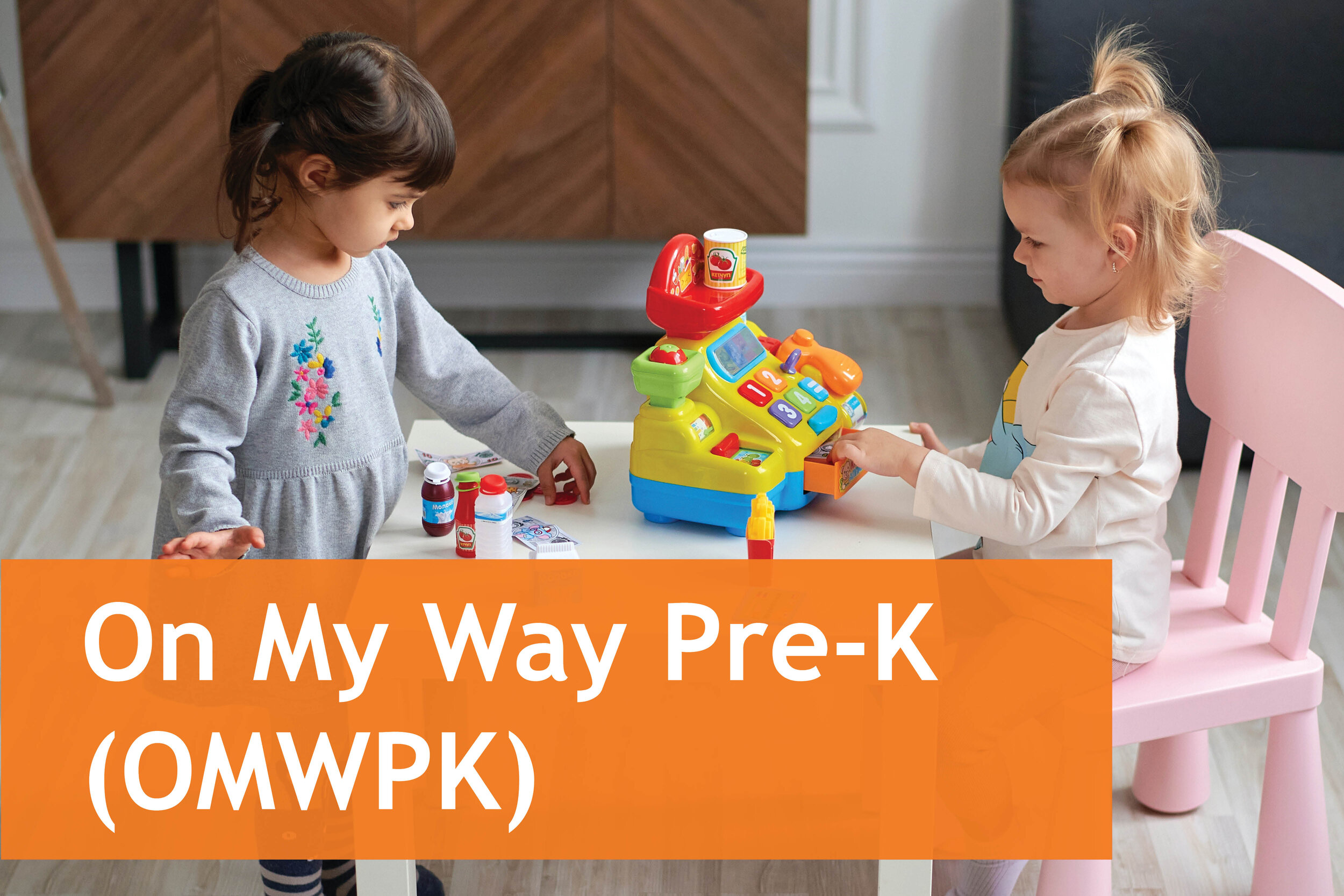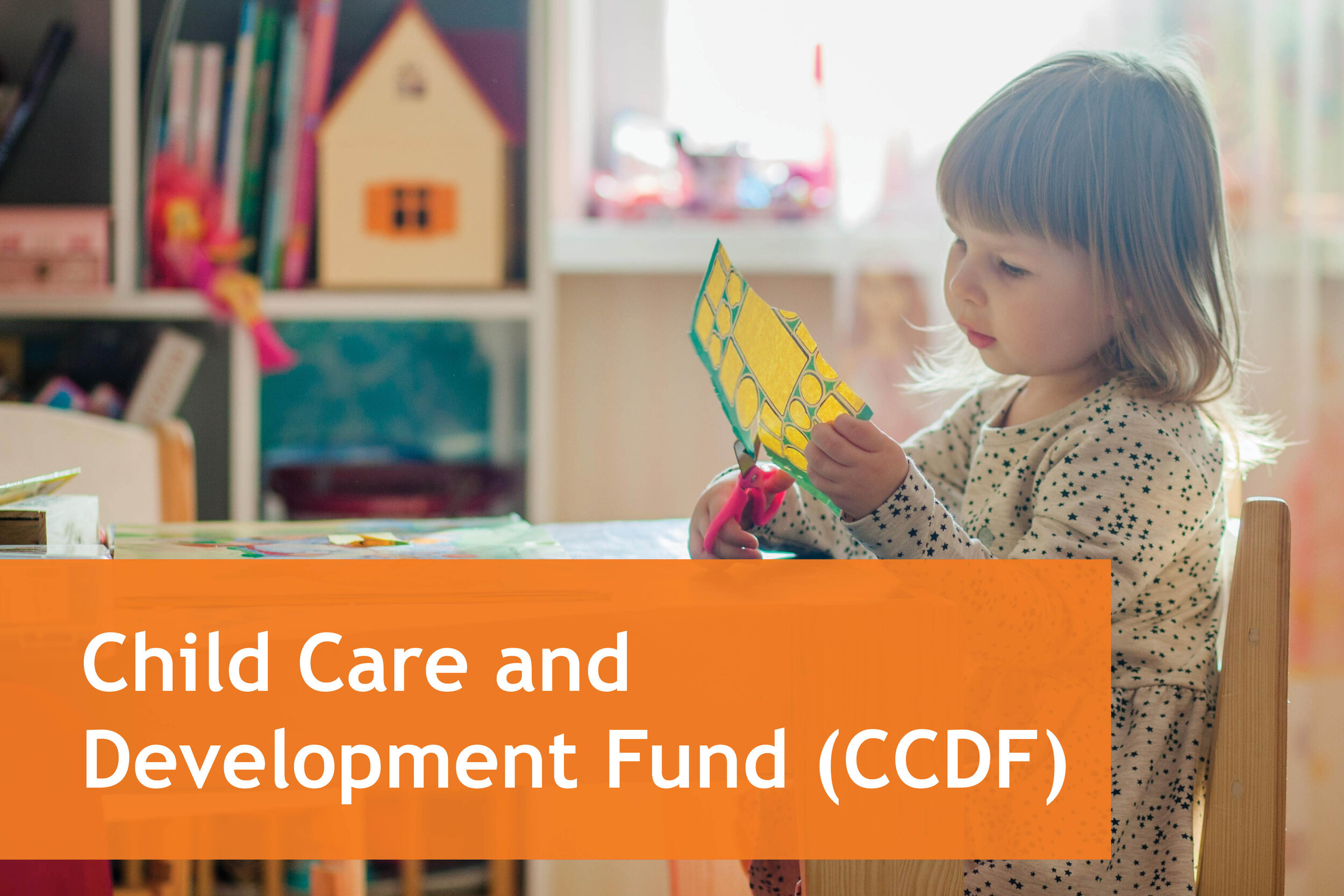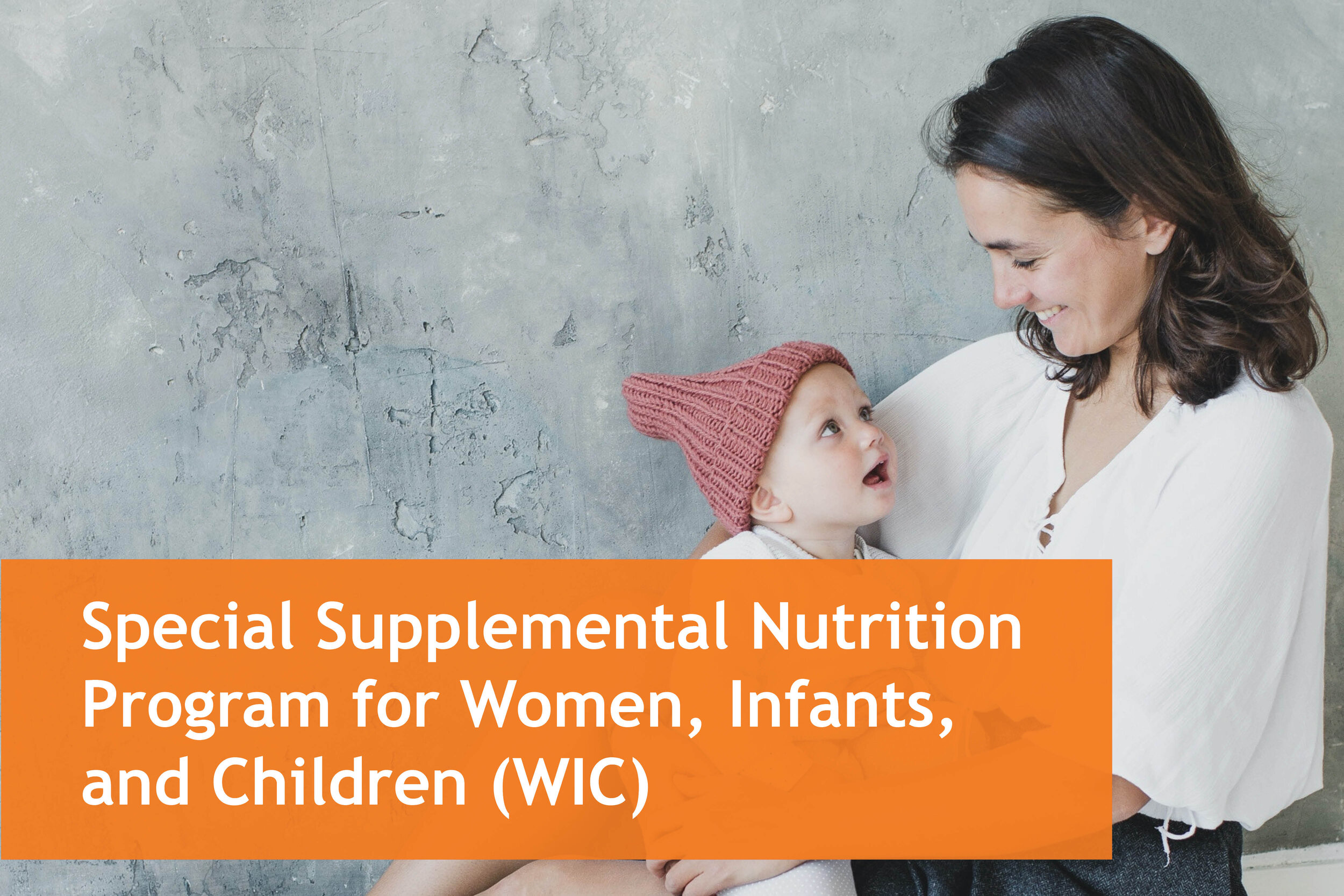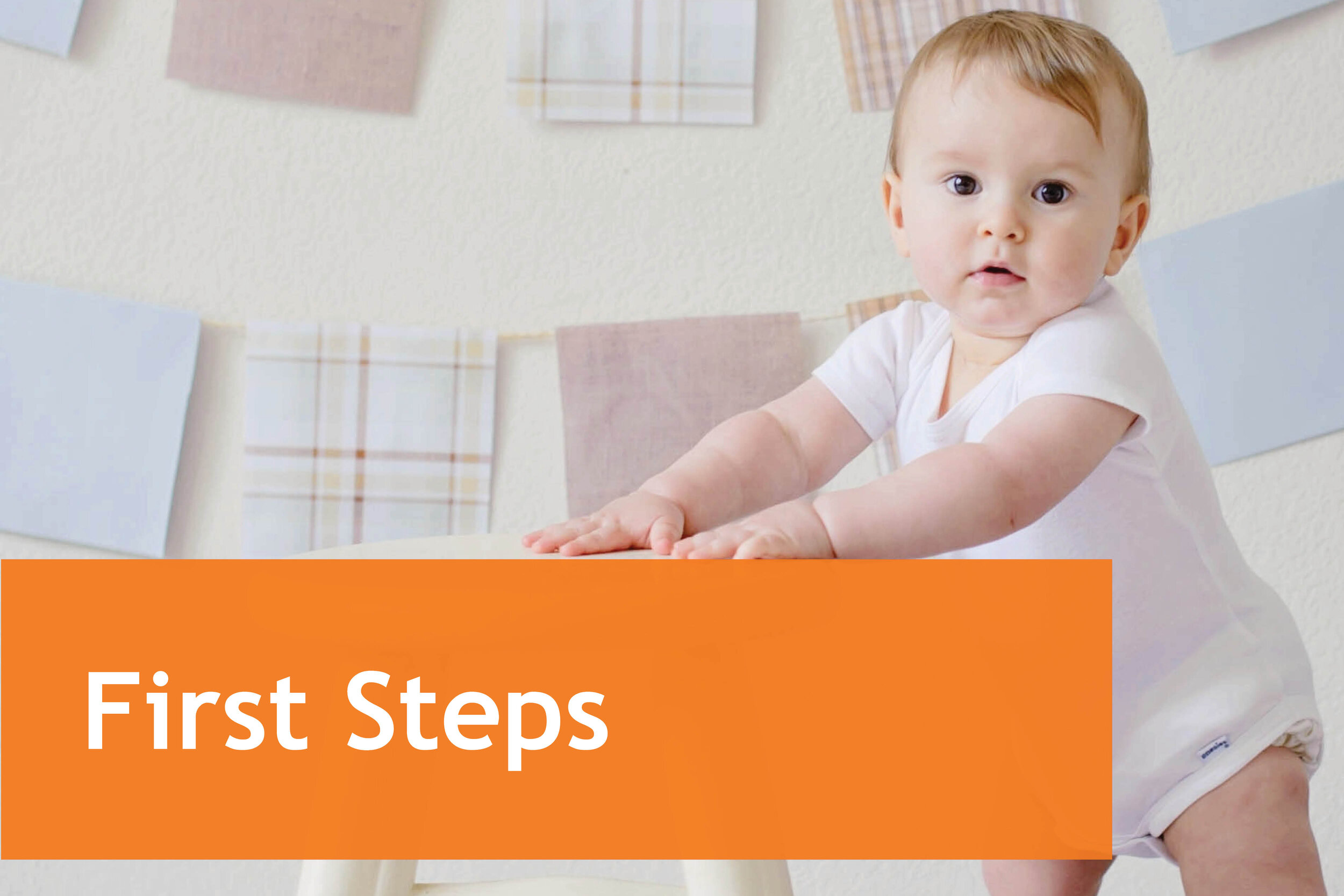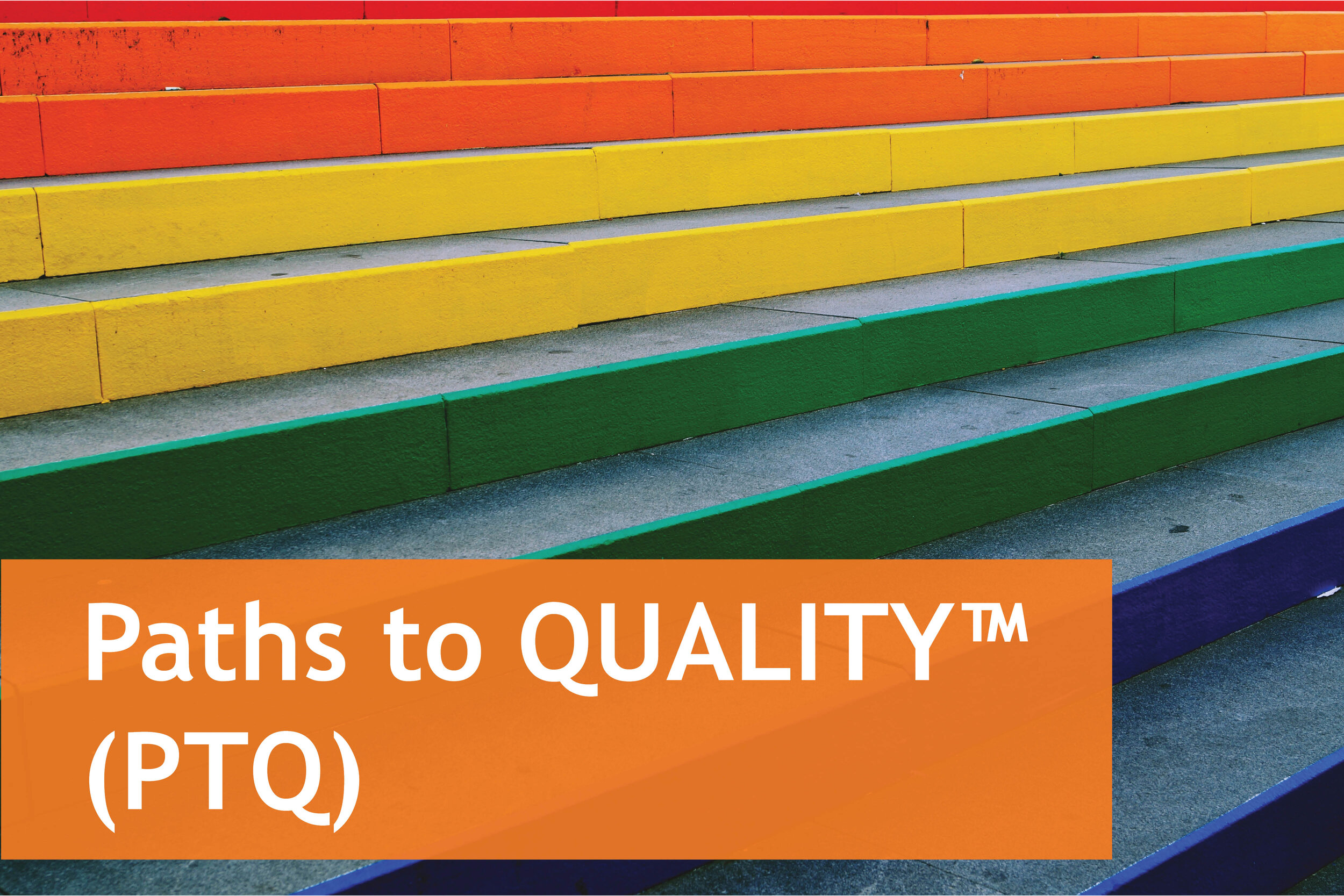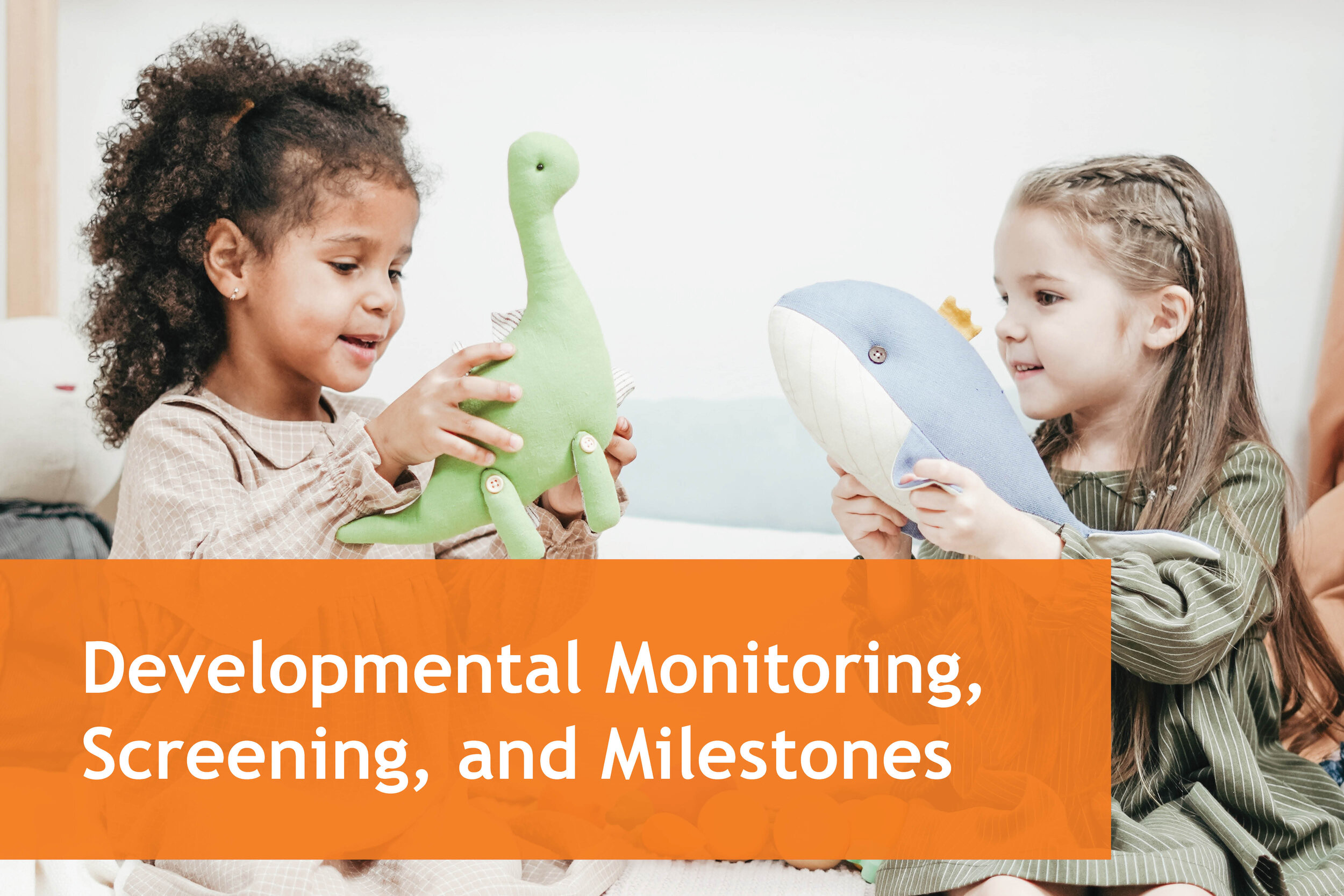Early Childhood Resources (Birth to Age 5)

The first years of a child's life are full of growth and possibility. Getting any additional help as soon as possible will lead to a lifetime of benefits and reduce stress and worry in the meantime.
Government Programs
The early years of life set the stage for the rest of a person’s life. To support the growth and development, there are several government-funded programs to make sure children are getting the proper supports so they can lead a happy, healthy life. Below you’ll find information on several of these programs that provide various services to help our children lead a happy, healthy life.
Hoosiers, across a wide range of ages and income levels, may be eligible for medical benefits through Medicaid and Medicaid Waivers. While Indiana's Medicaid and Medicaid Waiver programs can feel complicated, using the information found in this article, you’ll gain an understanding of what these programs are, how you can apply for benefits, and much more.
The Arc of Indiana created The Arc of Indiana Master Trust to help individuals with disabilities and their families establish a legal instrument called a Pooled Special Needs Trust. There are two types of trusts available from The Arc of Indiana Master Trust, Trust I and Trust II. These trusts allow third-parties and first-party contributions, respectively.
Pooled special needs trust allow groups of individuals to pool resources to benefit from professional support in managing and administering special needs trusts. The Arc of Indiana Master Trust has an online portal to help individuals and families manage the assets held in the trust. These trusts are designed to help individuals continue receiving benefits from government assistance programs while being able to maintain a higher quality of life than they otherwise would be able to enjoy.
In December 2014, congress passed legislation (the Stephen Beck Jr. Achieving a Better Life Experience Act of 2014) that created a tax-advantaged financial account which helps individuals with disabilities to pay for disability-related expenses.
Funds in an Achieving a Better Life Experience (ABLE) Account can be used to pay for qualified disability expenses (QDE). Qualified expenses include living expenses, like housing, as well as direct disability-related expenses like assistive technology. These funds can also be invested and earn a return, providing a source of money to pay for expenses throughout the individual’s life.
The Head Start and Early Head Start Programs provide services to low-income families and their children prior to reaching school age.
The programs primarily serve families with incomes below the poverty line or 100% of the Federal Poverty Limit (FPL). However, depending on enrollment levels, up to 10% of the enrollment can include children from families earning more than 100% of the Federal Poverty Limit (FPL).
By federal law, the Head Start and Early Head Start program must reserve at least 10% of its total enrollment for children with disabilities.
The On My Way Pre-K (OMWPK) program helps four-year-old children from low-income families afford high-quality pre-kindergarten education programs.
Families must have income below 127% of the Federal Poverty Level (FPL) to be eligible for the program. Starting in 2020, however, additional slots are available for families up to 185% of the Federal Poverty Level (FPL).
The Child Care and Development Fund (CCDF) helps low-income families afford high-quality child care. It provides families with an opportunity to pay a reasonable co-payment based on the family’s income and a sliding fee scale.
Families with income below 100% of the Federal Poverty Level (FPL), who are otherwise eligible for the program, can send children to high-quality child care and early education providers for no cost.
The Special Supplemental Nutrition Program for Women, Infants, and Children (WIC) provides nutrition-related services to nearly 150,000 women and children in Indiana each month. Families who are eligible for the program receive an Electronic Benefits Transfer (EBT) card that can be used to buy healthy foods directly from businesses.
The program also helps families get support for breastfeeding, referrals for health and social services, immunization screenings and referrals, and other health and nutrition-related information. Program staff meet with clients to review current nutritional habits, provide advice to improve, and support clients in making healthier decisions related to the foods they eat.
Indiana's early intervention program is called First Steps. Early intervention means children get help as early as possible so they can stay on track with their development. First Steps will connect families with the services their children need.
There are two First Steps providers serving Bartholomew County. These providers help you get the services your child needs so they can live a happy, healthy life.
General Information
Raising a child comes with lots of excitement and plenty of challenges! These resources provide information on specific topics that may be helpful as you navigate the early years. Click the “Read More” link to dive deeper into the resources listed below.
Applied Behavior Analysis (ABA) is a scientific approach to behavior modification. ABA takes a detailed view of behavior and helps the learner develop skills to achieve desired outcomes through behavioral improvements. Understanding why a client acts in a certain way allows the behavior analyst to apply strategies to replace less-appropriate behaviors with more appropriate behaviors.
The behavior analyst supports the client in building a variety of skills, like communication and daily living skills, with an ultimate goal of improved self-determination and happiness. While commonly associated as a supportive tool for individuals with autism spectrum disorders, ABA can be useful for other learners, too. ABA is also helpful for learners of a wide range of ages, from adolescents to adults.
Indiana’s Paths to QUALITY™ (PTQ) system is a voluntary program that provides ratings for child care and early education providers throughout the state.
There are four levels of quality ratings in the system. Child care centers and early education providers with level 3 and level 4 ratings are considered high-quality according to the Child Care and Development Fund (CCDF) and On My Way Pre-K (OMWPK) programs.
A child's early years are full of excitement like crawling and walking for the first time. While it’s necessary that children achieve physical milestones, other less obvious milestones are equally important. Emotional, communication, and cognitive milestones make up the rest of the picture about how a child is developing.
This article describes developmental milestones, monitoring, and screening so you can track your child’s development and understand if they might need extra help along the way.
